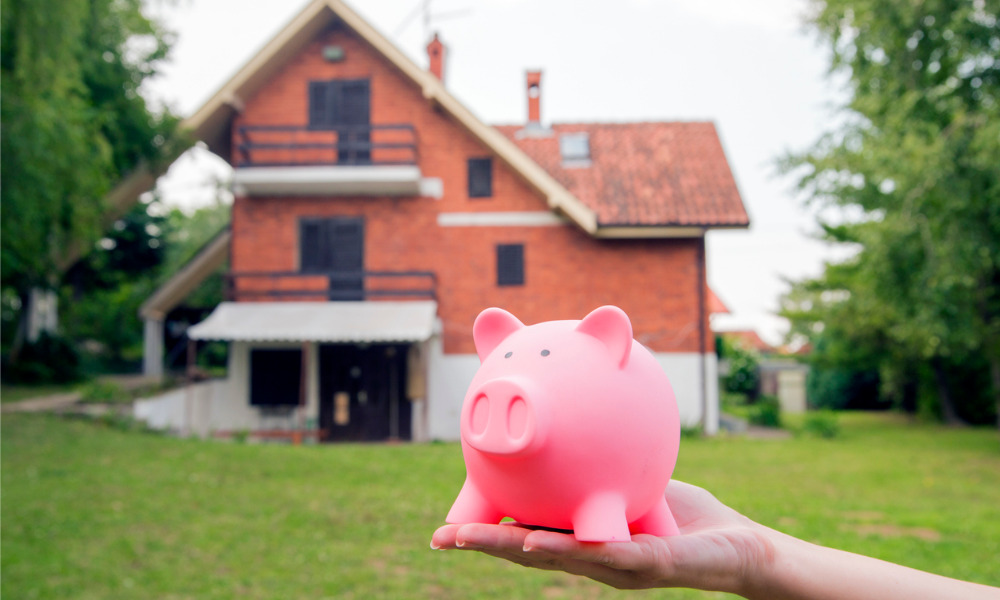Experts advise there are several things to think about before investing

As the cottage season draws near, the idea of shared ownership with family or friends is growing increasingly popular.
A cottage co-investment has advantages, including lower down payments, reduced risks, and mutual experiences, but experts caution that there are numerous considerations to keep in mind before investing.
Certified financial planner Mark Halpern said, “A candid conversation about finances, long-term life plans and the purpose of the cabin are a good place to start.”
An essential area is credit. Every co-owner is legally responsible for the mortgage under a typical agreement. Accordingly, Halpern, the owner of WealthInsurance.com, points out that a late payment or default will have an impact on everyone's credit ratings.
According to a report by the Canadian Press, if one of the purchases has a worse rating, lenders will also average out the credit ratings of the buyers, resulting in a higher-rate mortgage. A variable-rate mortgage often provides simpler outs than a fixed-rate mortgage should the borrowers choose to leave early, according to Halpern, who also stressed that it's important to know who you're collaborating with.
The two basic possibilities for ownership plans are joint tenancy and tenant-in-common agreements. In a joint tenancy, each owner has an interest in the property, and if one passes away, that person's part passes to the other. A tenants-in-common arrangement permits different-sized interests in the property, and the deceased's portion would become a part of their estate and transfer to their heirs, who would then be responsible for paying a 1.5% Ontario probate tax.
The surviving owner under a tenants-in-common structure will owe those inheritors a large sum of money if they choose not to invest, according to Halpern.
``Generally these agreements don't necessarily contemplate what happens on death, or what happens if somebody wants to be bought out,'' Halpern said, adding that people should view a joint property as the investment it is.
Another concern if the parties need to sell is capital gains taxes. “Imagine you have a cottage you bought for half a million dollars, and now it's worth a million and a half - so there's a million-dollar gain - there'd be a $250,000 tax,” Halpern said, noting Ontario taxes capital gains at 25 per cent for a recreational property. “Being half and half, each side would really have to come up with $125,000 in taxes.”



